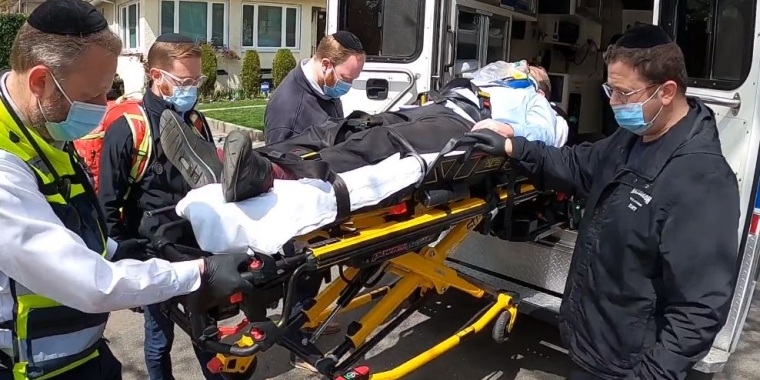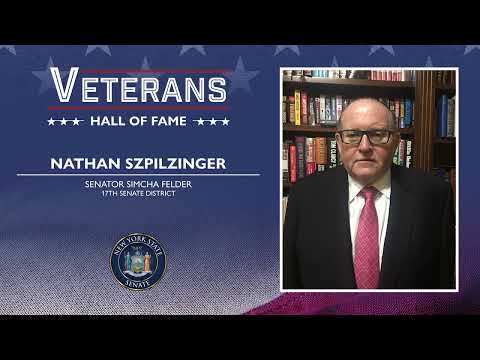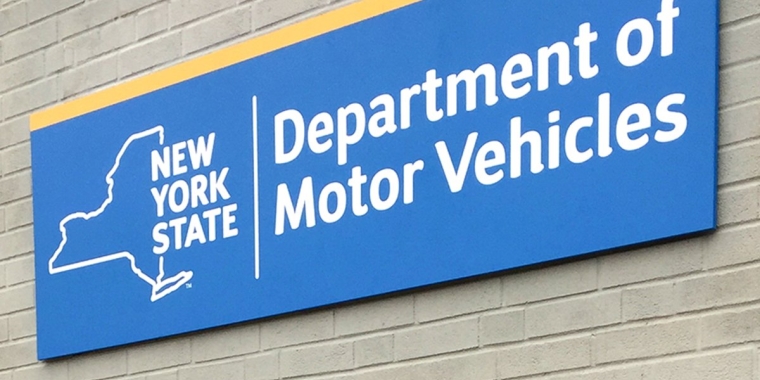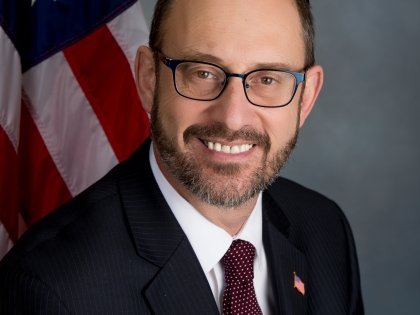
The Holocaust Education New York Needs
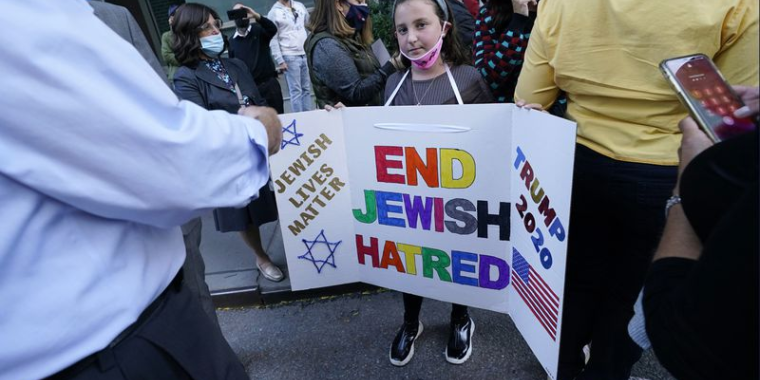
When a military conflagration halfway around the world ignites flames of hate that pour into the streets of New York City, it is sad, frightening and confusing. But it is not surprising. We have seen unfettered rage seek out an innocent mark too many times by now to be surprised. Still, seeing the verbal and physical harassment, assault and vandalism take over the streets I grew up on hit me hard.
Jews have been the most persecuted religion in the U.S. by a landslide for over a decade; they are victim of from 52% to 67% of total religious bias crimes depending on the year. The most recently released FBI Hate Crime Statistics Report reveals no change to that trend. Jews are at least three times more likely to experience a hate crime than any other religious group in America.
In the week between May 7-14, simmering anti-Semitism on social media sites like Twitter and TikTok quickly boiled over. According to the Anti-Defamation League, 17,000 tweets said “Hitler was right.” Lily Ebert, a 97-year-old Holocaust survivor who answers questions about the Holocaust on TikTok, saw her account fill with raw hate as comments praising Hitler and the Holocaust poured in. TikTok has tens of millions of American users between the ages of 10 and 29. They were not born hateful, but their vitriol was unrestrained.
Turning the tide begins with public education. A recent survey by The Conference on Jewish Material Claims against Germany revealed disturbing misbeliefs and shameful gaps in knowledge among New York’s Millenial and Gen Z respondents. For example, compared to national averages, twice as many New Yorkers believe that the Holocaust did not happen and that neo-Nazi views are acceptable.
On our watch, here in the city that so fondly celebrates its unrivaled diversity, our education system has been failing us for years. New York, we have a problem.
Educating the young is invaluable, but we cannot neglect the dangerous knowledge gaps that already exist in those charged with the responsibility to educate. New York schools have made some disastrous headlines over the years. In 2013, an Albany High School teacher assigned a writing exercise instructing students to argue that Jews are evil. In 2017 in Syracuse, students were instructed to argue for or against the extermination of the Jews.
And just last week, Principal Amanda Bueno of I.S. 136, a middle school just outside my district, sent an official email asking teachers and staff for a strong, public commitment to the current pro-Palestinian activism. The very same activism already playing out in a wave of violent hate against innocent Jews only blocks away on the streets of Boro Park and across New York City. After strong criticism from Chancellor Meisha Porter, Bueno issued an apology.
In 2018, the state Senate passed a bill in to improve Holocaust education that is still languishing in the Assembly. Thankfully, last year, Congress signed the Never Again Education Act into law, which provides funding to expand professional development and create a centralized website for teaching resources over the next five years. With so many principals and teachers inadequately prepared for the task, I hope this will prove helpful down the road.
The largest population of Holocaust survivors in the world, may they live and be well, live in my district. I invite Bueno to meet with our Holocaust survivors and join me on a visit to New York City’s Holocaust Museum. Together we can create a living lesson in tolerance and compassionate leadership, right now.
The problem as I see it is that we are failing to impress upon young people history’s relevance to us today. But the attempted genocide of the Jewish people happened not long ago, in a time not very different from ours, under circumstances quite similar to ours.
Education must deliver information with the goal that students grow into ethical decision-makers who prioritize good over evil before taking the next step; who practice empathy because they have been taught to consider multiple perspectives. The ultimate goal of education is to create adults — administrators, teachers and parents — who are thinking, feeling people with the capacity for nuance and thoughtfulness beyond their own experience.
Holocaust survivors have the ability to dispel doubt and error and speak truth to deception. There is an urgency to turn things around now, while they are still alive. Once they fade into the chapters of history, we will be left to battle the forces of hate alone.
Felder represents parts of Borough Park, Midwood and other neighborhoods in the state Senate.
